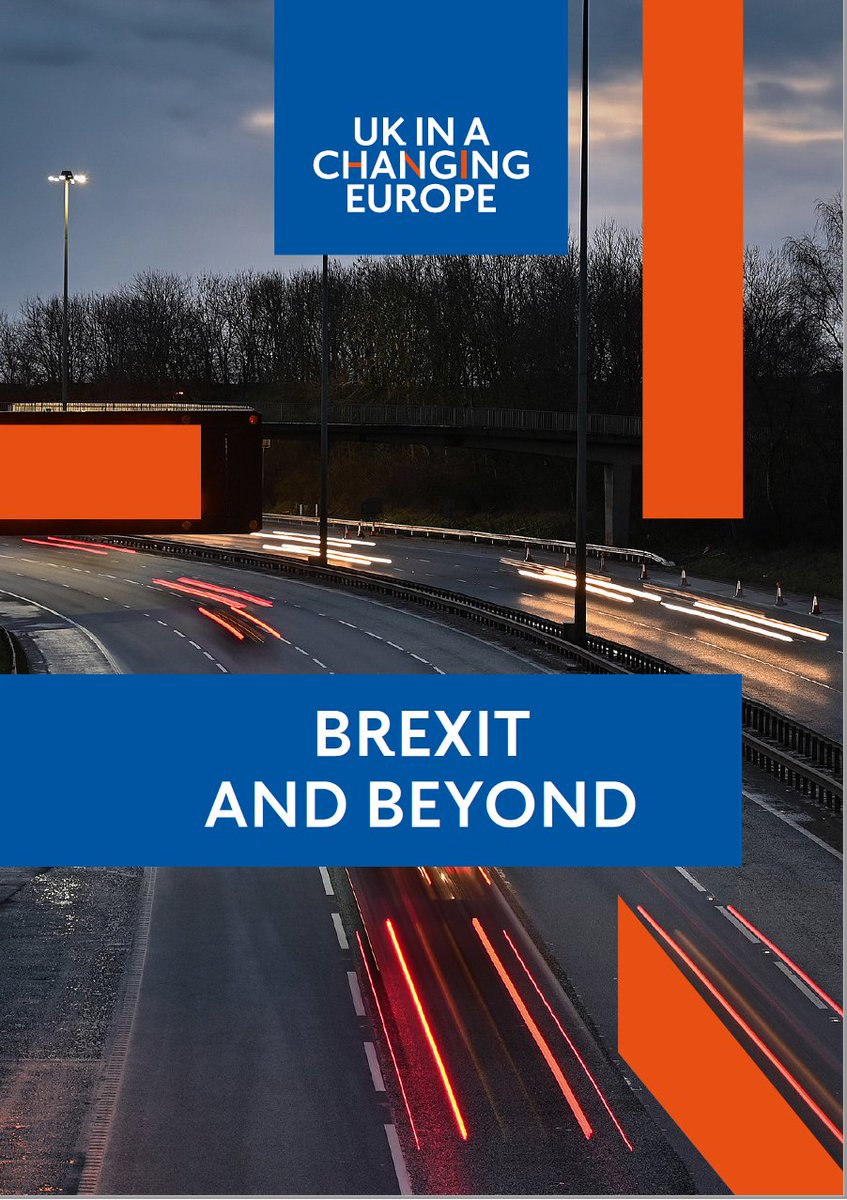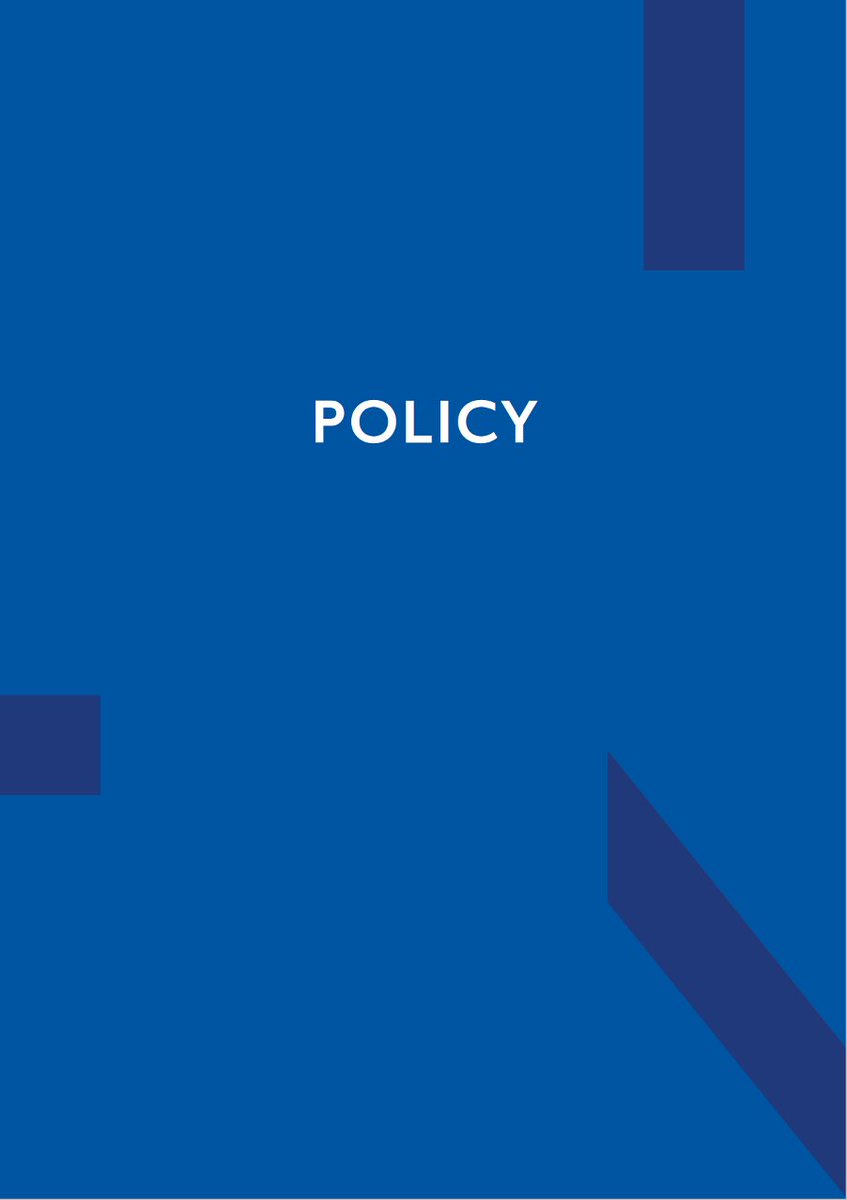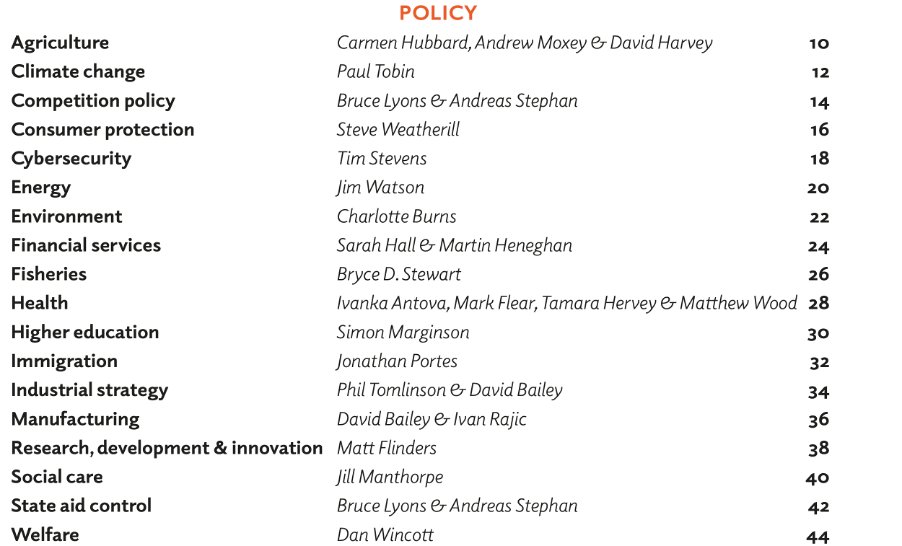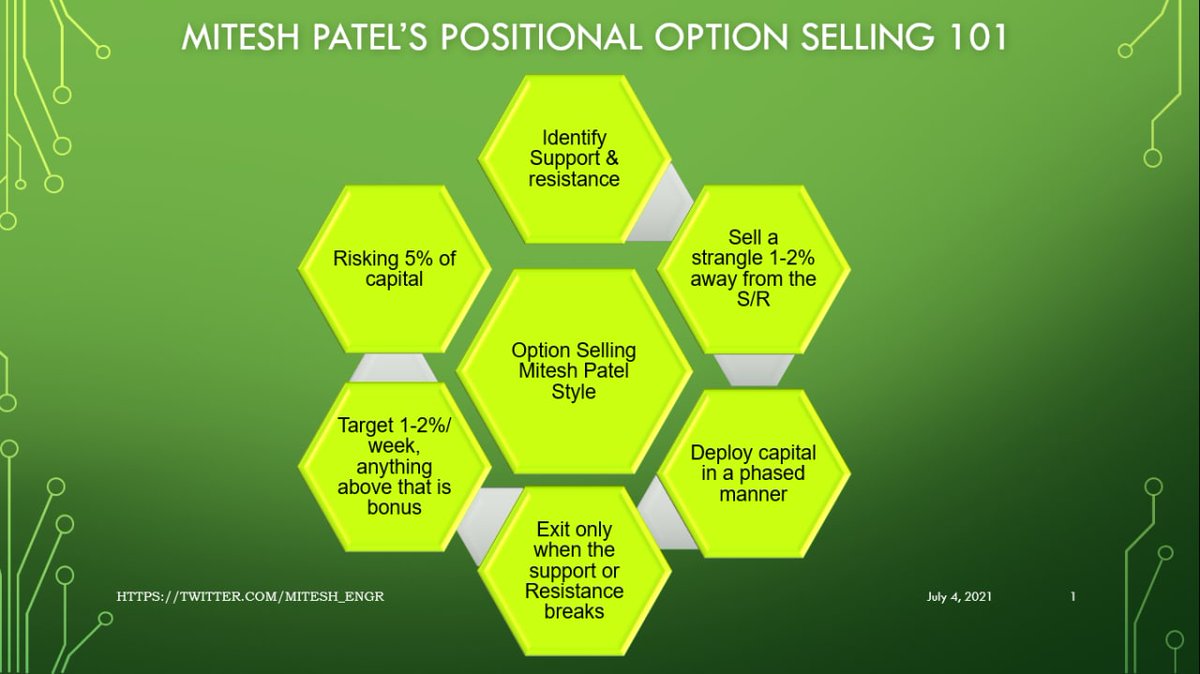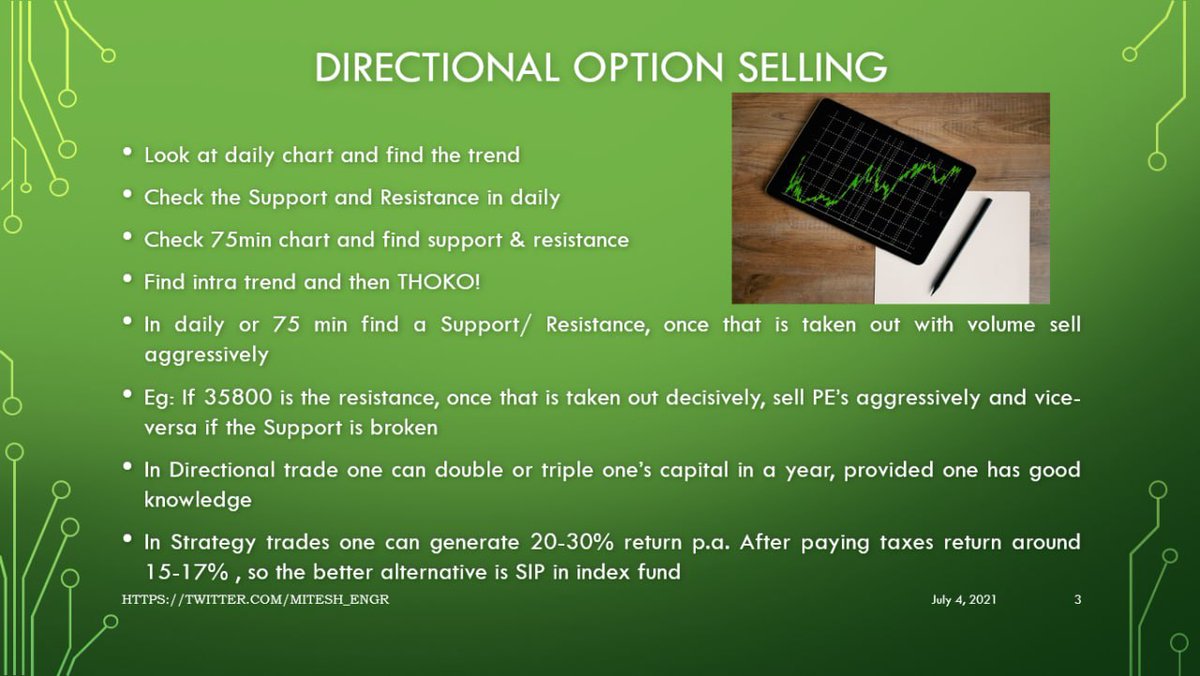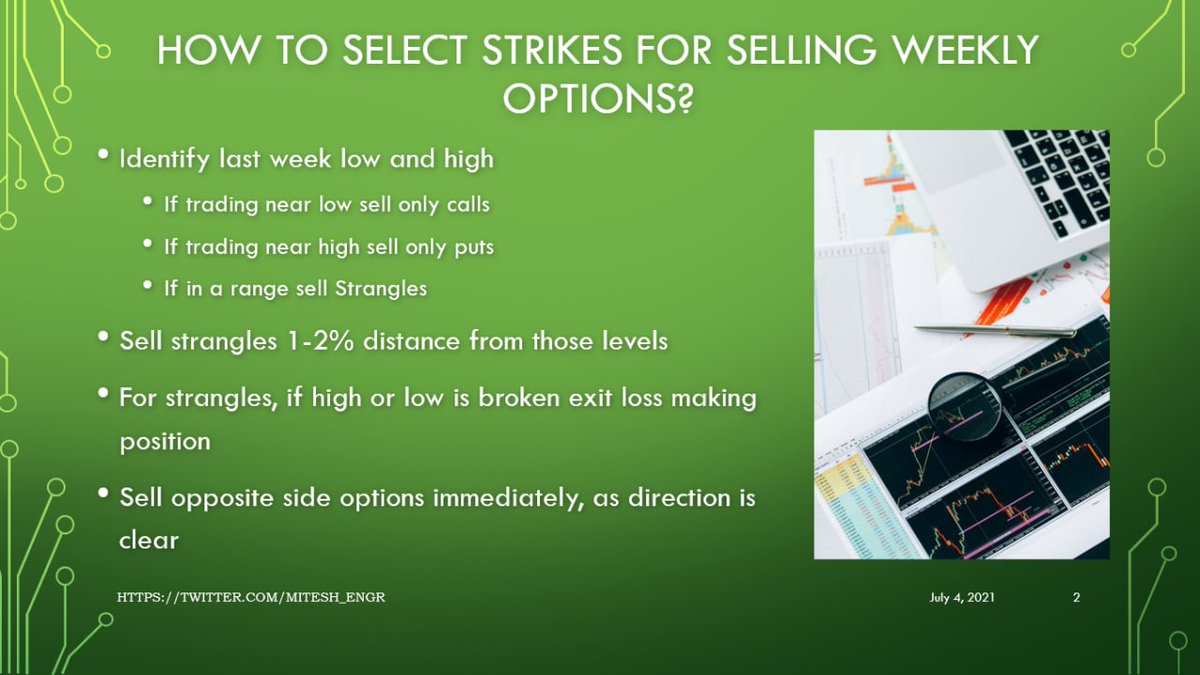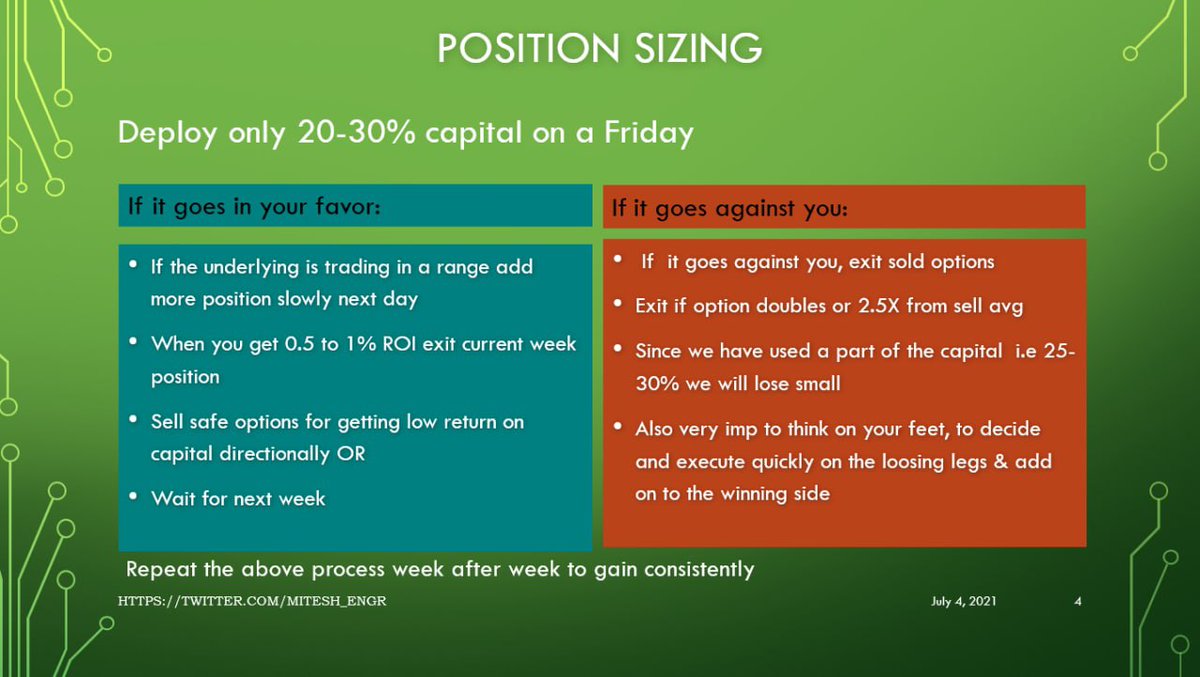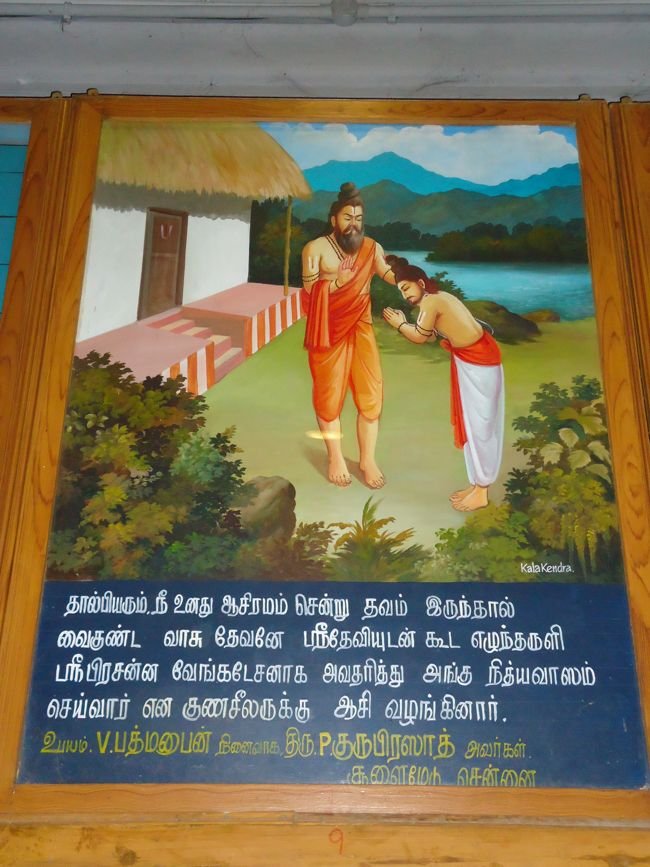New: the European Parliament's announcement that it will not ratify any treaty before the end of December unless the deal is concluded by midnight on Sunday comes amid signals that, despite progress, a deal won't be concluded until early next week.
More from Tony Connelly
Irish foreign min Simon Coveney says he is "more optimistic" about progress in the EU UK Joint Committee over implementing the Northern Ireland Protocol.
2/ Last night @rtenews reported that if a free trade deal were to be concluded, a sequence would be put in place at the end of which the UK would drop the clauses in the Internal Market Bill which breach the Protocol.
3/ This morning, the EU’s representative on the Joint Committee, which implements the Protocol, said he would be meeting his counterpart Michael Gove in Brussels today.
4/ Mr Coveney said: “There is more cause to be optimistic and positive in the context of the Joint Committee and its work in terms of implementing the Withdrawal Agreement and the Protocol on Ireland and Northern Ireland.
5/ “Maros Sefcovic and Michael Gove have made really practical progress on many of the outstanding issues that were not resolved up until a few weeks ago.
2/ Last night @rtenews reported that if a free trade deal were to be concluded, a sequence would be put in place at the end of which the UK would drop the clauses in the Internal Market Bill which breach the Protocol.
3/ This morning, the EU’s representative on the Joint Committee, which implements the Protocol, said he would be meeting his counterpart Michael Gove in Brussels today.
\U0001f1ea\U0001f1fa\U0001f1ec\U0001f1e7 I will meet @michaelgove today in Brussels to discuss the implementation of the Withdrawal Agreement, including the Protocol on Ireland and Northern Ireland. We are working hard to make sure it is fully operational as of 1 January 2021.
— Maro\u0161 \u0160ef\u010dovi\u010d\U0001f1ea\U0001f1fa (@MarosSefcovic) December 7, 2020
4/ Mr Coveney said: “There is more cause to be optimistic and positive in the context of the Joint Committee and its work in terms of implementing the Withdrawal Agreement and the Protocol on Ireland and Northern Ireland.
5/ “Maros Sefcovic and Michael Gove have made really practical progress on many of the outstanding issues that were not resolved up until a few weeks ago.






